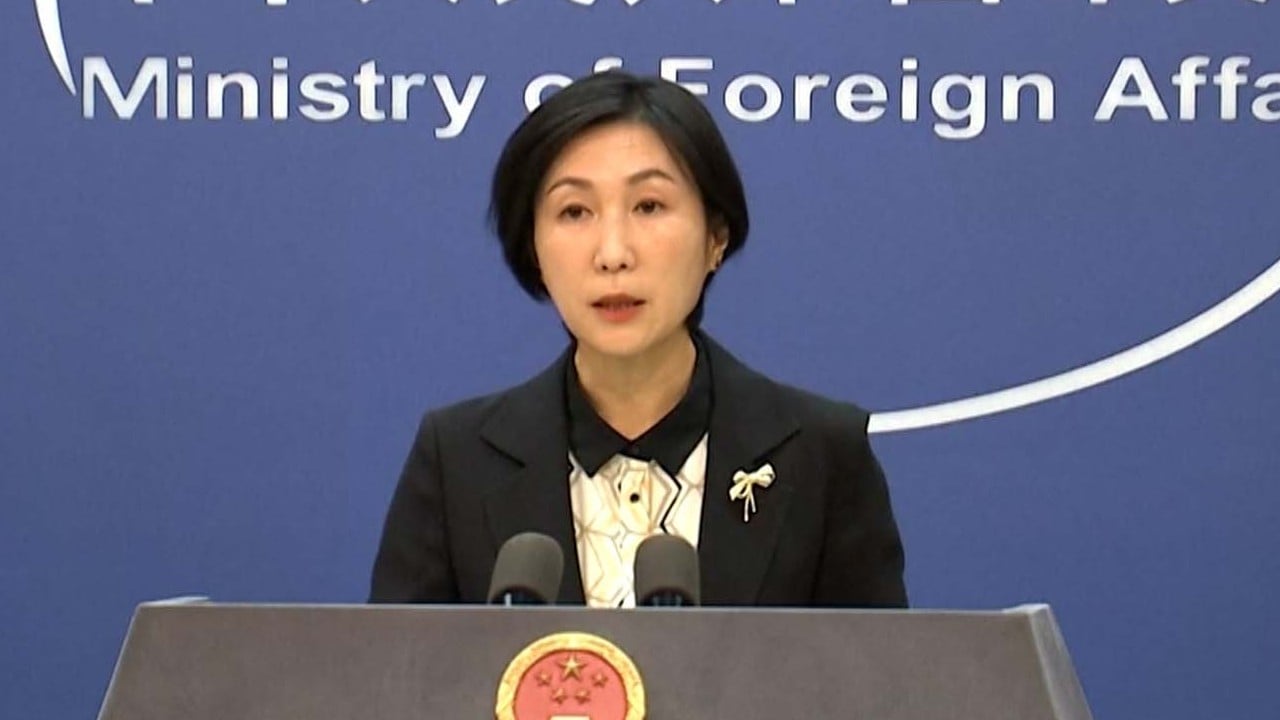
China sends pandas abroad as envoys of goodwill but locks out ‘panda-huggers’ to control the narrative
- Beijing’s ambassador to US Qin Gang celebrated the 50th anniversary of giant pandas landing in Washington, adding that ‘panda-huggers’ were endangered
- While Beijing may find it useful to use pressure tactics on international China studies, it has often backfired among moderate China watchers
His diagnosis is obviously accurate, but it may be too late.
For years, foreign journalists, academics and businesspeople have advocated for engagement with China, helped the outside world better understand “the China stories” Beijing is eager to tell and been an unofficial conduit of bilateral communication, especially during tumult. But now those voices are rarely heard.
According to his interview with the New York Post in July, the 99-year-old, who has been invited to meet every president since Richard Nixon, has yet to meet Joe Biden.
Henry Kissinger warns against ‘endless confrontation’ with China
Shambaugh appeared to be blacklisted by Beijing after he criticised President Xi Jinping in a 2015 opinion piece in The Wall Street Journal entitled “The Coming Chinese Crackup”.
In private, Chinese diplomats have confirmed the existence of such blacklists as part of Beijing’s efforts to “shape international opinions” towards China.
While Beijing may sometimes find it useful to use pressure tactics to extend influence on international China studies, it has often backfired among moderate China watchers. That will not help Beijing win its narrative war against Washington or avoid being alienated internationally, despite Qin’s appeal: “We need more pandas, and we also need more ‘panda-huggers’.”



